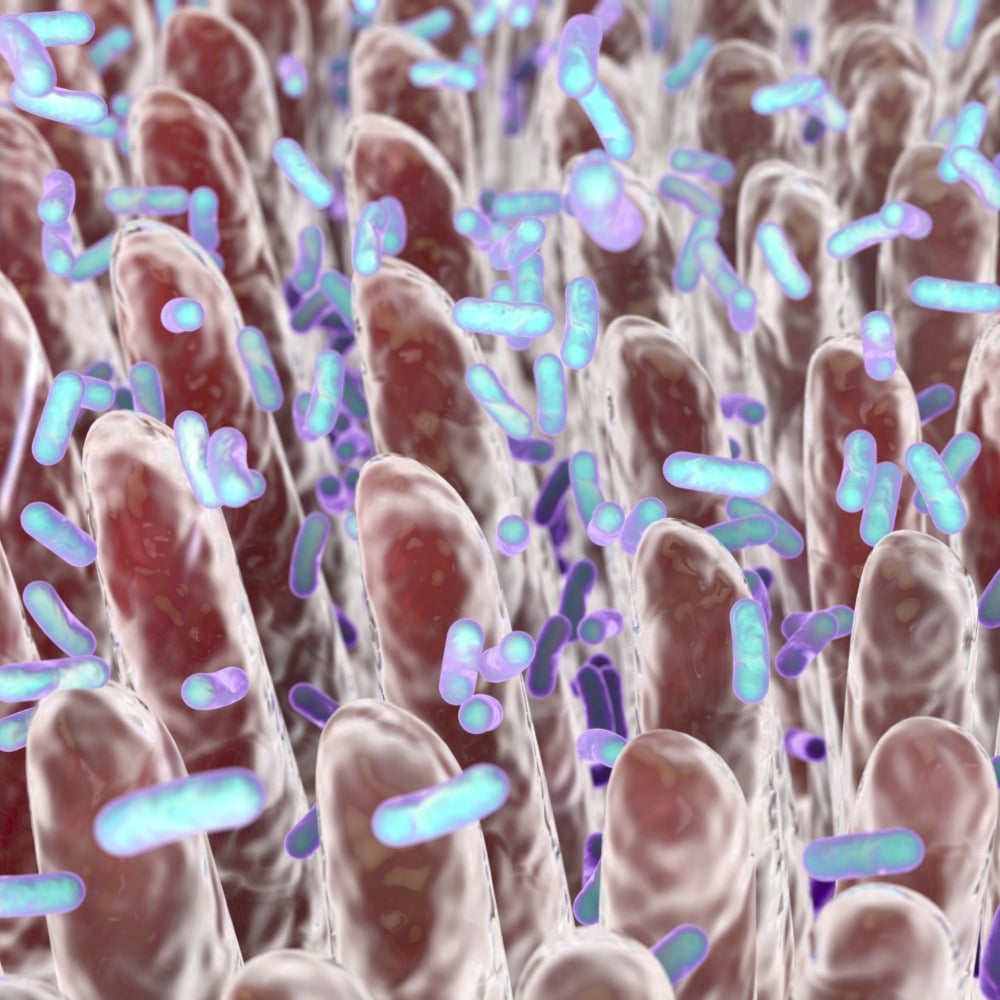University of Carolina researchers and colleagues have published a study saying the anti-inflammatory protein NLRP12 protected against obesity and insulin resistance in mice studies. NLRP12 genes encode the NLRP12 anti-inflammatory protein which appears to be underactive among obese individuals. NLRP12 activity promotes growth of certain strains of beneficial gut bacteria which have additional protective effects against insulin resistance and obesity.
Obesity is influenced by inflammation along with lack of exercise and overeating, this study suggests reducing inflammation promotes beneficial bacteria that help to maintain healthy weight, according to the researchers.
To establish how NLRP12 genes affect likelihood of developing obesity, model mice were engineered not to express NLRP12 genes. Knockout mice and control regular mice were fed high fat diets for several months. Knockout mice were observed to accumulate more fat more easily, showed more inflammation in the gut and areas of fat deposits, and started to display signs of insulin resistance, indicating the development of obesity.
The knockout mice were moved to a different facility to prevent the spread of pathogens and given antibiotics to gain better understandings of how the inflammation related to weight gain. Animals treated with antibiotics gained less weight than those in the other facility, leading the team to suspect gut bacteria were involved in promoting obesity.
Knockout mice in the bacteria free environment did not put on weight, the team inferred it was because the animal’s system were not influenced by bacterial activity. Mice lacked in NLRP12 genes, suggesting it does not influence weight gain, and exposure to certain kinds of bacteria may be what leads to the eventual development of obesity. Knockout mice sharing a living space with healthy animals that did express NLRP12 were observed to not put on excess weight either; suggesting exposure to good bacteria from the control mice protected them against becoming overweight.
Findings are supportive in context to studies that have shown obesity correlates with loss of bacterial diversity within the gut. Certain strains of bacteria become suppressed in obesity allowing other bacteria to proliferate in the absence of competition.
Lacking in NLRP12 genes presented a significant loss of bacterial diversity, paired with high fat diets and rise in inflammation high levels of Erysipelotrichaceae bacterial family resulted which can exacerbate damage done by high fat diets. Knockout mice lost Lachnospiraceae beneficial bacteria which counteracts inflammation and competes with Erysipelotrichaceae limiting its spread. Lachnospiraceae also appears to have protective effects against insulin resistance and obesity in mice. It was noted that all metabolic and inflammatory changes seen in the knockout mice were essentially reversed when Lachnospiraceae was resupplied.
Lachnospiraceae produces short chain fatty acids that are important to the metabolic process, of which propionate and butyrate posses important anti-inflammatory properties, when these were administered to the knockout mice this approach counterbalanced the lack of NLRP12; encouraging findings which may lead to better ways of addressing obesity in the future.




